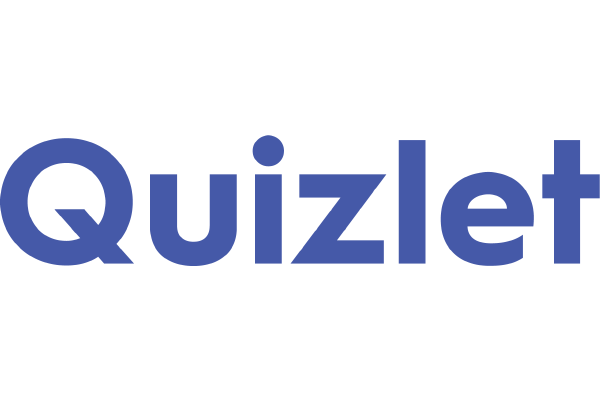How to use Quizlet to engage your students in religious studies

There’s a strong focus on analysis and evaluation in religious studies (RS), so it’s important that students are able to recall key knowledge in order to develop these skills. But students can find revision boring, or be confused about which activities suit them best. To overcome this, I’ve been using Quizlet, an online learning platform that supports students of different abilities, needs and interests to master their learning in RS. This includes keywords, links between different beliefs, attitudes towards different ethical situations and useful quotes that will develop their writing further.
My students need to recall key quotes, figures and beliefs from various religions, and there’s no one-size-fits-all approach for achieving this. One of the things I love about Quizlet is that it uses collaboration and competition; they can build and design activities like quizzes and flashcards for each other, giving them a sense of achievement in helping to develop their peers, and then compete with themselves or with others.
One of the competitions my students have enjoyed as a starter is the flashcard activity. Students can create a two-sided card on their computer or phone with a keyword or picture on one side and a definition on the reverse. They can flick between testing themselves and others.
For example, in class, I use the projector to put up the key Buddhist terms, and students call out what they think each one means. This immediate feedback allows me to focus the lesson on the areas that students are finding difficult. This can be repeated as a plenary at the end of the lesson to gauge success, giving immediate feedback on the progress that has been made. Any areas that they’re still unsure about can then be assigned as revision for their homework activity.
It’s such a simple way to assess learning and when dealing with a content-heavy curriculum like RS, this engaging approach allows students to enjoy their learning. You can also adapt the flashcards to the needs of individual classes and students, which supports the differentiation of activities.
Another invaluable feature is Quizlet Learn which helps students revise and learn information from a lesson. It’s allowed me to provide them with a revision tool to use on their phones or tablets, getting them to recall key terms or beliefs through the use of tests, quizzes or flashcards. This was something I did with my Year 9 groups, helping them to prepare for their upcoming assessment. By including different activities and questions, everyone was able to access the information and recall and understand it by the time they had completed it.
A really useful part of Quizlet is the Classes feature. Once students join a class, they receive notifications when new content is added to the class, and I can see which students have completed activities. Students are able to complete the homework through a link that I send them and submit it directly back to me, making it paperless and less stressful for the students (and me, especially in a time of ever-decreasing work-life balance!). This took the form of quizzes and the creation of flash cards, two activities my students had voted as the most useful for them. I can use the analysis of homework tasks to plan my lessons around the areas students have found more difficult.
This was particularly useful in a topic at GCSE where students needed to know different arguments given for the existence of God, and the main strengths and weaknesses of each. Many were getting confused with the key characters attached to each theory, so I set a homework activity to assess where they needed the most help. This involved them answering a series of questions about each theory and the key people involved, and from this, I was able to set a lesson starter to support them. I created a set of Quizlet flashcards of keywords, key names and pictures based on the questions the majority had struggled with on the homework, and students used these to recall information. By working together in groups of three, they could support each other getting the right answer and by using Quizlet to do this, I was able to create different sets of flashcards for different classes, differentiating between them depending on their needs.
The Quizlet Live function, which is an in-class collaborative game, has allowed me to engage my students in their learning even further. It was easy to set up. I simply chose a Quizlet set that I wanted them to revise, set the game up on Quizlet and students were automatically assigned to teams within the class. They then competed for points against other, all eager to win and see their name at the top of the leaderboard. This has built up confidence in students of all abilities by enhancing skills like communication and collaboration, as students must work together to answer questions correctly and win. It’s allowed for students to move on to access the higher-order thinking of why certain beliefs or ideas can be challenged as they have the recall to do this confidently. It was particularly effective with a unit on Christian practices where students were struggling to remember all the keywords required. By working together, all abilities were supporting each other. The focus in RS now is on the depth of knowledge and Quizlet supports that as it allows students to recall, retain and then reuse the information that they need to be successful.
Quizlet has supported the learning of my students across the RS curriculum and enabled them to develop an understanding of what they’re doing well and identifying areas they need to improve. The recall of knowledge is so important as it allows them to access the deeper knowledge required. Enabling us to have more lesson time for this means more students are successful in RS and engaged at a deeper level.
Gemma Papworth is a teacher of religious studies and the debating team coordinator at The Beacon School in Banstead, Surrey
